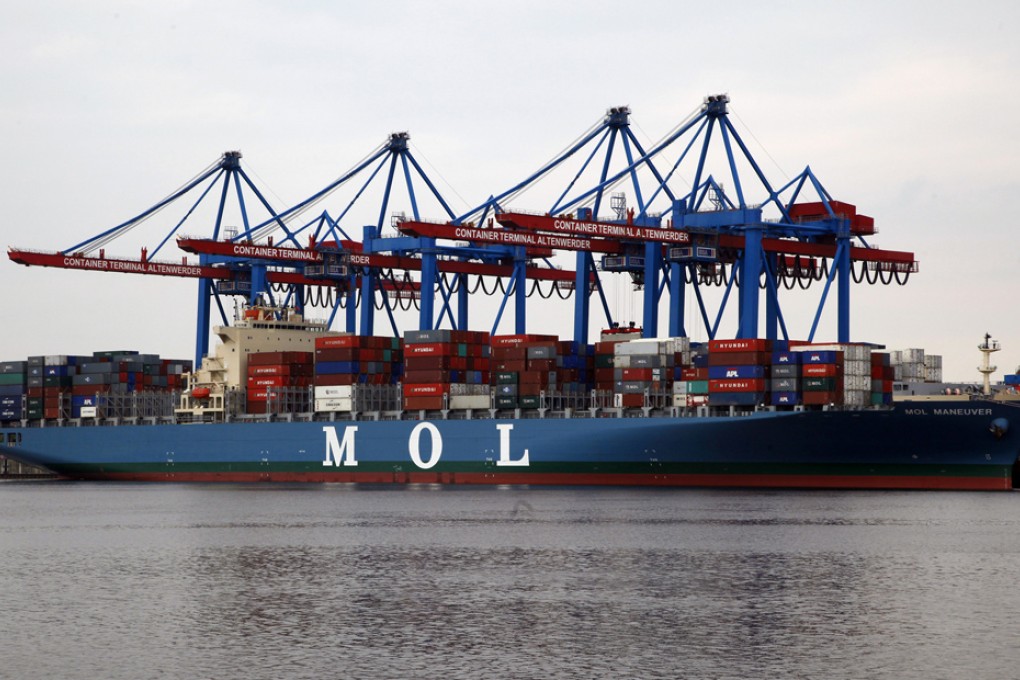Shanghai court seizes Japanese ore carrier in second world war reparations dispute
A court in Shanghai has seized a large Japanese ore carrier at a port in Zhejiang province to enforce a verdict seeking compensation for the sinking of two civilian Chinese cargo ships during the second world war.

A court in Shanghai has seized a large Japanese ore carrier at a port in Zhejiang province to enforce a verdict seeking compensation for the sinking of two civilian Chinese cargo ships during the second world war.

The dispute stems from a deal in the 1930s between Chung Wei Steamship Company and the Japanese shipping firm. Two ships leased to the Japanese firm were "taken over" after war broke out, but were later sunk.
Chung Wei moved to Hong Kong in the 1950s and the Japanese firm merged with Navix Line, which in turn merged with Mitsui.
Two grandchildren of Chung Wei's owner, Chen Zhen and Chen Chun, filed the landmark lawsuit against Navix in 1988 with the Shanghai Maritime Court, seeking wartime reparations of US$160 million.
The maritime court awarded the Chens nearly 3 billion yen in damages and compensation in 2007. The Supreme People's Court rejected the Japanese company's appeal in 2010, according to the maritime court.